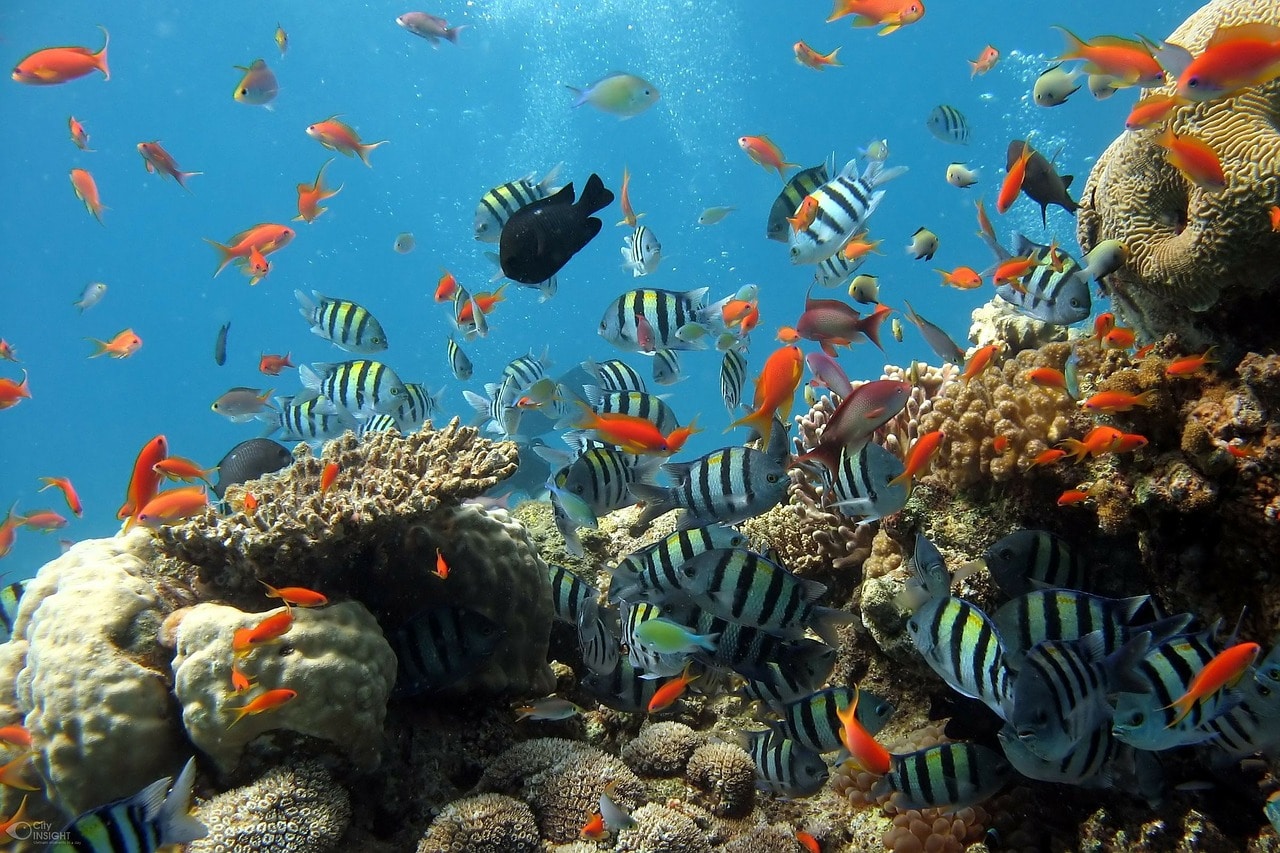The Great Barrier Reef is the most popular and significant reef in the whole world. It is one of the most beautiful, and thrives with thousands of species, including 1500 fish, 411 different types of hard coral, as well as over a third of the world’s soft coral, 134 species of sharks and rays, 6 out of 7 of the world’s threatened marine turtles, and more than 30 marine mammals.
It is extremely important, and with climate change effecting it negatively, it’s necessary for scientists to stay on their toes and try to find a way to stop the damage that’s being done.
The long-term outlook of this special reef was considered bad before but has since got much worse. Since the reef is one of seven natural wonders of the world and serves the purpose of putting oxygen back into the air, a threatened reef could very well impact the entire world.
Marine Heatwaves and Increased Temperatures Adding to the Now Worsened Problem
According to the Great Barrier Reef’s Marine Park Authority CEO, Josh Thomas, the reef is in a critical state, and if something is not done now to rectify it, it won’t be able to restore it in the future.
Somehow the current rate of escalated global warming must be stopped in its tracks for the reef to survive. A 400-page document containing data about the reef’s current and predicted future status has been compiled, which supports the analysis of the theory.
The reports in the document refer to coral bleaching, which is an occurrence that has been taking place for years and have damaged the coral reefs. Should it intensify, habitat degradation will occur, which will affect fish, seabirds, and turtles. Currently, only 60% of the 31 ecosystems are considered in a good state of health, while nearly 40% are not.
Apart from increased climate change, other factors also affect the coral reefs negatively, including illegal and overfishing, increased coastal development, more people entering the reefs, and land-based run-off caused by agricultural activities.
Buy and rent water cooler and buy water cooler from Living-Water in London.






